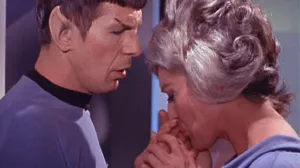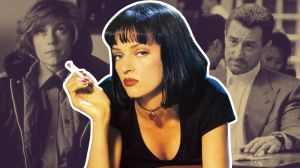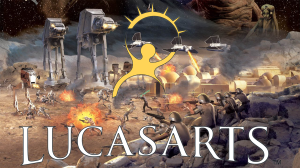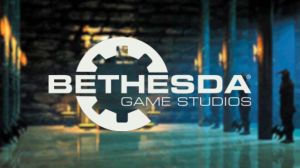DC Studios co-CEO James Gunn appeared on Michael Rosenbaum’s Inside of You podcast this week, and once again addressed the idea of superhero fatigue. For years, movie critics and industry insiders have been waiting for a tipping point moment when audiences tire of superhero movies and begin to dessert them in huge numbers, and for years, the trend of an ever-increasing number of hit superhero movies and TV shows defied that conventional wisdom. Over the last few years, there has been an overall downturn in the box office fortunes of most superhero movies, but many of the biggest movies of any given year are still coming from Marvel Studios and the Warner Bros.-owned DC.
Videos by ComicBook.com
The conversation started when Rosenbaum asked Gunn whether he thought there were too many superhero shows and movies out there. Rosenbaum joked that since Gunn was a studio head, he probably wouldn’t say so, but before he was finished with his thought, Gunn was interrupting enthusiastically.
“Yes!” Gunn shouted.
“Yeah, I do think there’s too many, but I think it’s much less a problem of ‘too many,’” he said more seriously. “Yes, we are not going to overextend ourselves at DC. We’re going to be very careful with what we put out and making sure everything is as good as it can possibly be. But I think that what’s happened is that people have gotten really lazy with their superhero stories. They have gotten to the place where, ‘Oh, it’s a superhero, let’s make a movie about it. And, ‘Oh, let’s make a sequel because the first one did pretty well.’ And they aren’t thinking about, why is this story special? What makes this story stand apart from other stories? What is the story at the heart of it all? Why is this character important? What makes this story different that it fulfills a need for people in theaters to go see, or on television? I think people have gotten a little lazy, and there’s a lot of biff-pow-bam stuff happening in movies, and I’m watching third acts of superhero films where I don’t think there’s a rhyme or reason to what’s happening, I don’t care about the characters. And they’ve gotten too generic. There’s this sort of middle-of-the-road type of genre tone that so many superhero movies have, as opposed to having very different genres. I like very serious superhero movies, I like very comedic superhero movies, I like ones that are really just a murder mystery but with superheroes. I like to see these different types of stories as opposed to seeing the same story told over and over again.”
Then, he reiterated a point he has made a number of times before: fatigue is more about content than genre.
“People say ‘superhero fatigue,’ but I think that you see now that’s not a real thing. People are fatigued with repetition. I don’t think it’s just superhero movies; I think you’re seeing it now in spectacle films in general…there’s a lot of spectacle films made, and they just have gotten really generic and they’ve gotten boring, and they’re not about characters, and there’s no emotion.”
A lack of emotion is certainly not something anyone is going to accuse Gunn of; during the junket for his most recent film, Guardians of the Galaxy vol. 3, interviewers opened up with jokes like “thank you for coming, and here’s my therapy bill.” The film, which wrapped up a decade of storytelling that brought Gunn together with a number of cast and crew who are still working with him on DC projects now, was widely viewed as the most heartfelt “final chapter” of a Marvel franchise to date.
“I think what both the MCU and the DCU need to do is to have a wider range of tones than they presently do,” Gunn said much later in the conversation. “I think they work to do that, but I think they can do a better job.”
Gunn’s Guardians of the Galaxy vol. 3 is in theaters now. He is currently in development on Superman: Legacy, which is expected in theaters in the summer of 2025.








